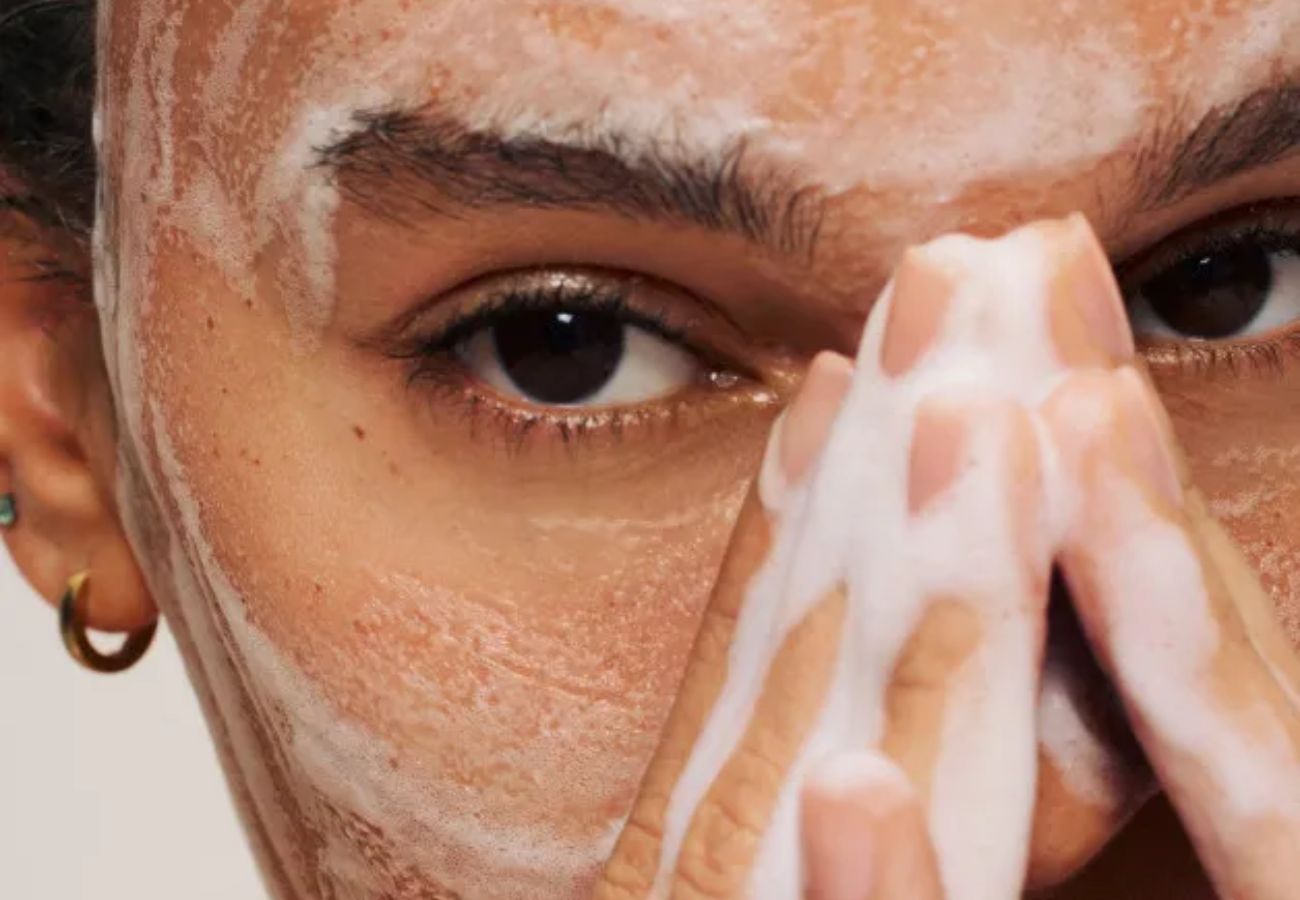
Can Coconut Oil Truly Replace Your Sunscreen?
You have probably heard of the latest TikTok trend of “DIY sunscreen recipes.” But let’s dig deeper into the truth behind it and understand whether plant oils can genuinely take the place of your trusted sunscreen.
While our love for all things natural is profound, it can be a double-edged sword. Individuals who promote this notion are in search of a chemical-free and safer alternative. However, in reality, it proves to be dangerous and unsafe.
So where did this myth come from?
Studies have shown that plant oils such as raspberry, coconut, or castor oil do provide some level of UVB protection. However, their protective abilities are insufficient. Moreover, they entirely lack UVA protection. Scientifically speaking, UVA rays penetrate deeper into the skin, and sunlight contains about 500 times more UVA rays than UVB rays. Consequently, these so-called “natural” oils fail to shield you adequately from the most harmful rays.
The Bottom Line
Plant oils are inadequate for effectively blocking UV rays!
Natural remedies aren’t always the best choice. Nothing can or should replace your sunscreen.
When it comes to sunscreen, which is the most crucial element in your skincare routine, the only change you can make is to switch from a chemical SPF to a physical one that contains ingredients like zinc oxide and titanium dioxide. Additionally, look for a water-resistant, broad-spectrum sunscreen with an SPF of at least 30 or higher for any prolonged outdoor activities. For enhanced protection, choose a sunscreen with an SPF 50 rating, providing defense against 98% of UVB rays, and a PA++++ rating, which offers the highest level of anti-aging protection against UVA rays.






